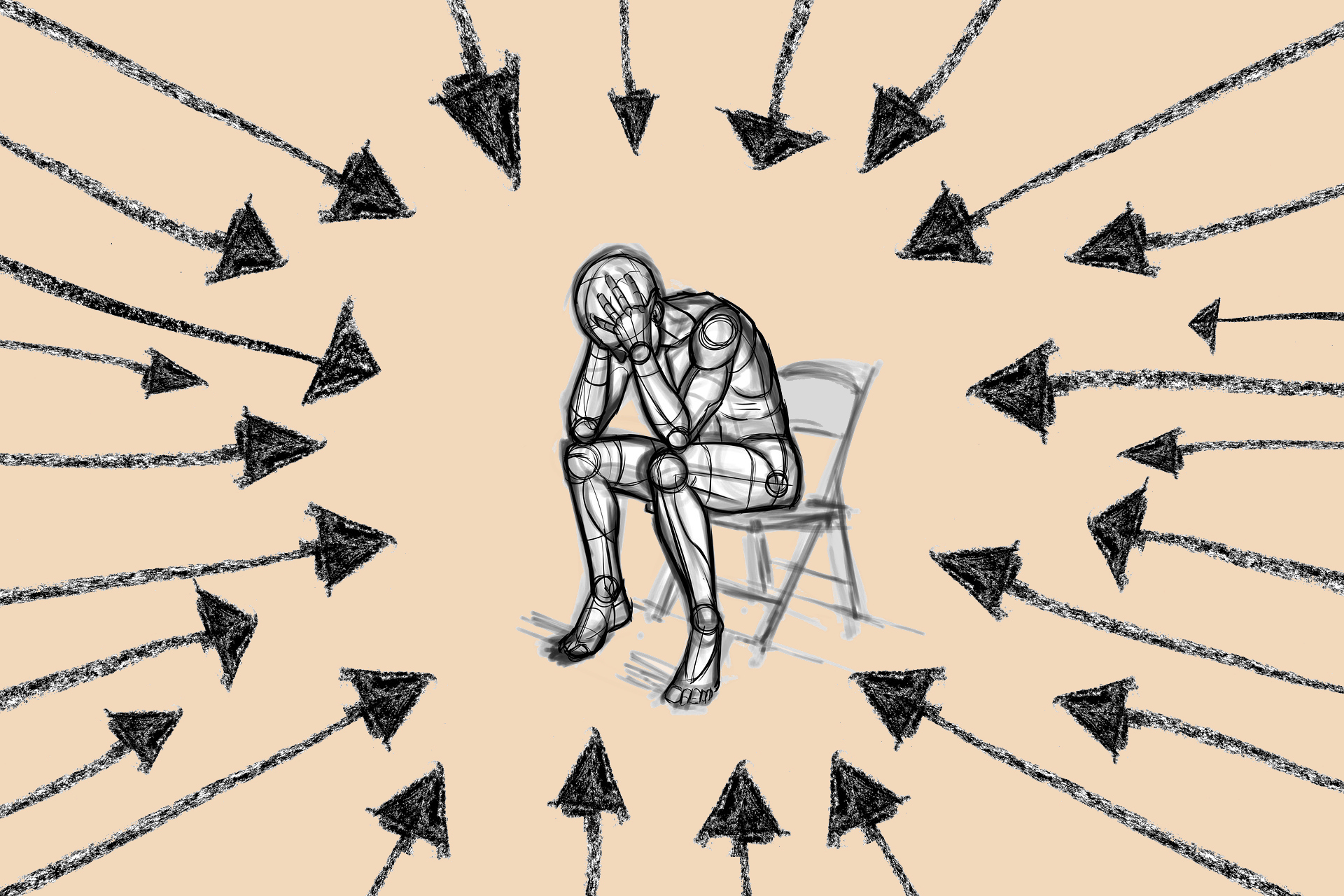
Most of us tend to make judgments about the world around us. It is a part of our cognitive process to analyse, interpret, and label information in order to make sense of our environment. To this extent, it serves a useful purpose. However, when the judgments become critical and negative, taking the form of adverse assumptions or opinions based on limited information or preconceived notions, the consequences can be harmful.
When we judge someone based on their appearance, behaviour, or beliefs, we limit our understanding of who they truly are. We may assume that someone who dresses differently from us or has different political or religious beliefs is inferior or despicable. By making such an assumption, we deny ourselves the opportunity to learn from and appreciate the diversity of others.
We also create misunderstandings and harm relationships by putting up a barrier between ourselves and others, making it difficult to establish a genuine connection. For example, if we assume that someone is dishonest or untrustworthy, we are likely to treat them with suspicion or contempt. Such an attitude can foster a negative and toxic environment and lead to conflict. By judging others harshly, we also invite others to do the same, which can lead to a culture of criticism and negativity that erodes trust, respect, and empathy, which are essential for healthy relationships.
Being judgmental also harms our own mental health. Our judgements are often a projection of our insecurities, and our notions of superiority or inferiority can lead to negative emotions such as anger, frustration, and resentment, or feelings of guilt, shame, or inadequacy, which will harm our emotional well-being.
It is clear that all this has negative consequences for society as a whole. When we judge others based on their race, gender, or religion, we contribute to the existing divisions and inequalities in society, unwittingly fuelling discrimination, harassment, and even violence. This perpetuates the cycle of hate and intolerance that has plagued the world for centuries.
But how do we become more inclusive, tolerant, and compassionate in the face of adverse circumstances and people whose behaviour seems irrational and harmful?
The key is to recognise our true identity and our connection with all the other people in the world. We are souls – that is our eternal identity. The body is the physical medium through which the soul expresses itself. It is the soul that thinks, feels, and acts.
The body, whatever its colour, shape, size, or features, is the costume in which the actor, the soul, plays its role in the drama of life. When we recognise and accept this reality, we begin to connect with other souls, the actors, and stop judging them by their costume. It also dawns on us that as souls, the children of the Supreme Soul, we are all part of one human family. Understanding this spiritual kinship fosters better understanding, and bonds of love. Where there is genuine love there is empathetic discernment, not judgment. There is appreciation, goodwill, and support to help the other person overcome any weakness they may have.
It helps to remember that just as we are not perfect and have our flaws, others too may have some weaknesses, but they do not define those persons. Would we like to be judged solely on the basis of our defects? So, how fair is it to do the same to others?
Understanding this helps to creates an environment of mutual respect and trust which gives strength to souls and to their relationships. This is the foundation of a more tolerant and compassionate world.
B.K. Dr. Savita is a Rajyoga teacher at the Brahma Kumaris headquarters in Abu Road, Rajasthan.